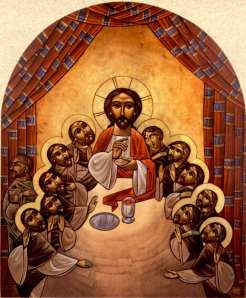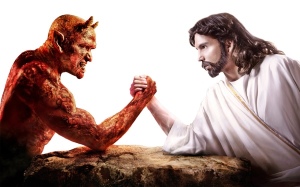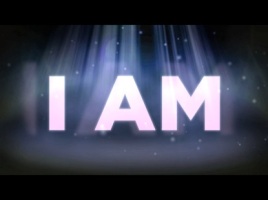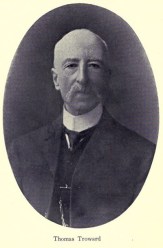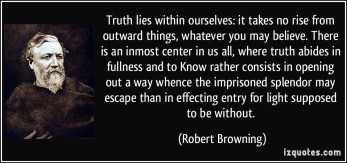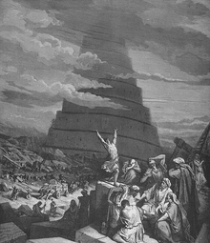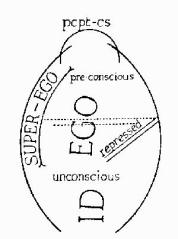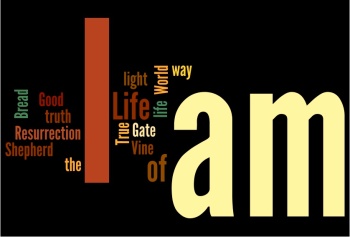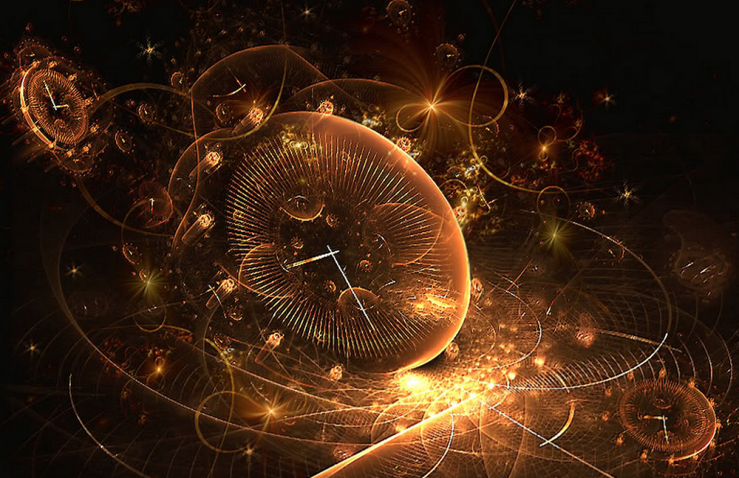
Does time exist within space or does space exist within time? Plato identified time with the period of motion of the heavenly bodies, and space as that in which things come to be. Aristotle defined time as the number of changes with respect to before and after, and the place of an object in space as the innermost motionless boundary of that which surrounds it. The Incas regarded space and time as a single concept and named it pacha. Preston Harold defines time as “heavens knows what” and describes it as veiling the eternal ‘now’ of the I AM.
Time may also allow for the expansion of the universe up to a point or “turning” which evokes a contraction, and this contraction is experienced in the now. The now, being “Absolutely Everywhere,” cannot be grasped by consciousness so that the turning point is hidden in time.
As for space, Harold explains:
Not what is in it, but space itself is the great mystery, as great a mystery as time. Eddington’s drawing shows twelve segments converging in the sphere of “here now” – or “I.” Thus, twelve “thrones” govern man in space-time, but there is room for many more segments, more “mansions” – and there must be many more space properties than man knows of today and some, like “Absolutely Elsewhere,” beyond that which consciousness can penetrate.
As for that in space which consciousness can observe, Jesus says, “Heaven and Earth will pass away…” As to how this passing will happen and when, man can know from Him only that the reign of God, the working of the law, is begun, that the Father knoweth the hour, that this passing away will not come as men expected it then. Today, as men observe the process of evolution, change, and decay that passes away the arrangement of celestial bodies and the matter which sustains life, they are committed to another concept of the end of things – but in saying that heaven and earth will pass away, Jesus also said that the creative force, the word, weak a force as it may seem, will not pass away. Thus, His cosmogony comes to rest upon the concept of constant creation or renewal, upon the precept that all things are made anew. His words allow for “becoming” within the universe, but not of the universe which now sustains life in many mansions, and is now operating under perfect and infallible law, in accord with one which is, mathematically speaking, self-sustaining.
Until next time, peace.

